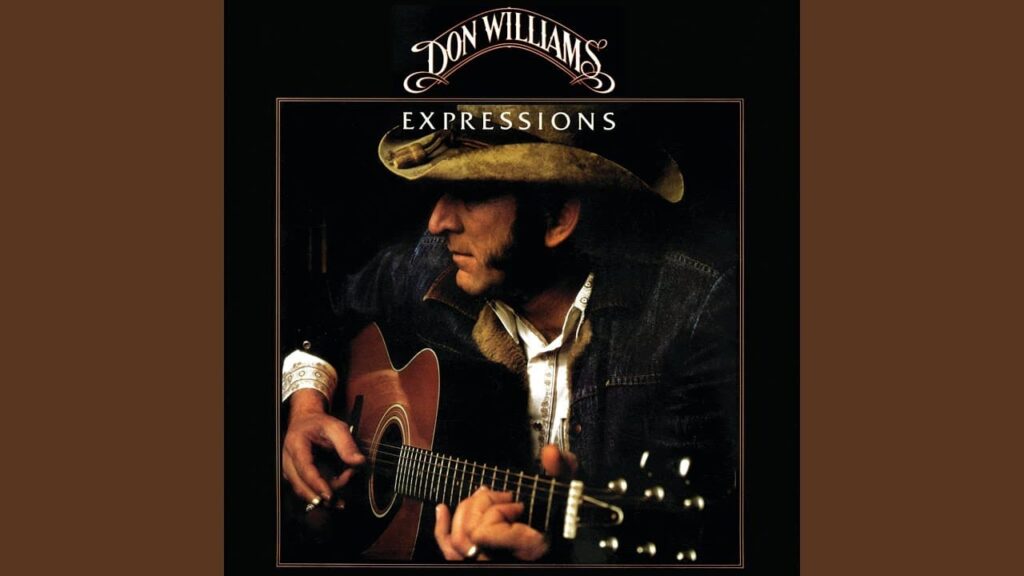
When the Gentle Giant Found His Home: The Timeless Allure of “Tulsa Time”
The late 1970s. For many, it was a time of change, of pushing the boundaries and chasing the urban dream. But for others, it was a time of looking back, of finding comfort in the simple truths of a life lived well. It was in this moment that the world was gifted a song that would become an anthem for anyone who ever longed to trade the dizzying pace of the big city for the calming rhythm of a familiar place. That song, of course, is Don Williams’s enduring classic, “Tulsa Time.”
Released in October 1978 as the first single from the album Expressions, “Tulsa Time” quickly made its mark, a testament to its gentle power. It soared to the top of the charts, becoming Williams’s eighth number one hit on the Billboard country chart, a spot it held for one week in late 1978. Its success wasn’t just a fleeting moment; it was so significant that the song was named “Single Record of the Year” by the Academy of Country Music in 1979, the very same year Don Williams himself was crowned Male Vocalist of the Year by the Country Music Association. These accolades were not just for the song’s popularity but for its emotional resonance and timeless appeal, cementing its place in country music history.
The story behind the song is as understated and genuine as the man who sang it. It was penned by songwriter Danny Flowers while on tour with Williams’s band. Stuck in a Tulsa hotel during a snowstorm, with nothing but hotel stationery and the television show The Rockford Files for company, Flowers found himself reflecting on the city and its simple, welcoming nature. He quickly jotted down the lyrics, intending to add a third chord later. But when he played the two-chord melody for Williams, the “Gentle Giant” instantly connected with its unpretentious charm and insisted on keeping it just as it was. It was a perfect fit for Williams’s smooth, effortless baritone and his philosophical style. The song’s easy-going vibe perfectly captured the feeling of being “on Tulsa time,” a phrase that has since come to mean a relaxed, unhurried pace of life, free from the anxieties and pressures of the world.
But perhaps the most intriguing part of the song’s story is the friendly rivalry it sparked. Shortly after Flowers wrote the tune, he and Williams played it for none other than rock legend Eric Clapton. Clapton loved the song so much he wanted to record it immediately. Williams, however, had already claimed it. While Williams’s rendition was the one that became the country smash hit, Clapton did indeed record his own version, which was included on his 1978 album Backless. He even had a live version that became a hit of its own a couple of years later. This connection between a country music icon and a rock god only amplified the song’s reach, showing that its simple, universal message transcended genre lines.
To listen to “Tulsa Time” today is to step back into a memory. It’s the sound of a simpler era, where a gentle voice and a straightforward tune could tell a complete story. It’s the feeling of returning to a place where you’re comfortable and known, where the outside world melts away, and all that matters is the present moment. For those of us who remember the first time we heard it on the radio, it’s a nostalgic trip to a time when life felt a little less complicated. It’s a reminder that no matter how far we roam or how fast the world spins, there’s always a place and a feeling we can come home to—a place where we’re finally on “Tulsa time.”